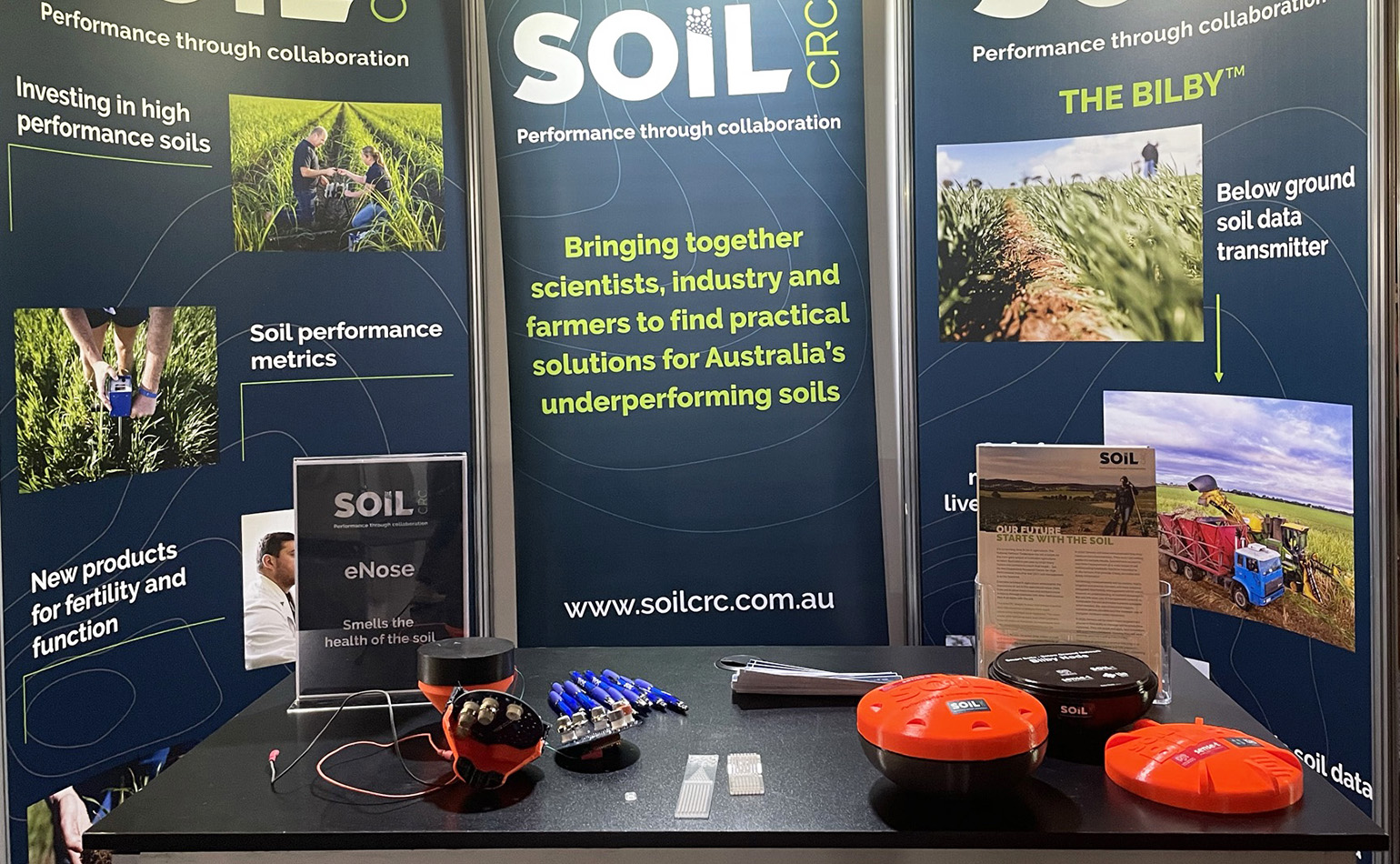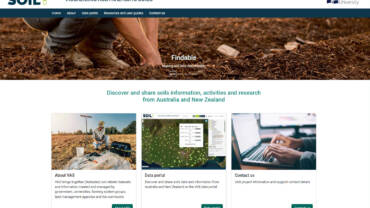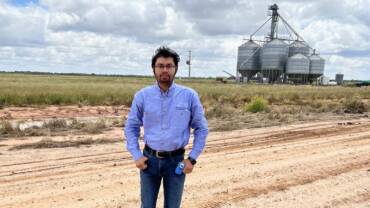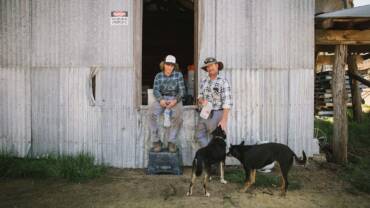Spotlight on emerging soil technologies
| Posted Jul 07,2023Presenting at the Soil Science Australia conference last month, project leader Dr Marcus Hardie from the University of Tasmania outlined some of Soil CRC’s emerging technologies and spoke about their genesis and development.
“The Soil CRC has invested around $4.9M in its partners to help develop a range of new soil measurement technologies,” Dr Hardie said.
“The aim of this work is to develop useful, practical technology that will assist growers make better soil-based decisions to increase their productivity and profitability.”
Soil eNose
The Soil eNose is designed as a low-cost electronic tool to help farmers compare the effects of different land and crop management practices on soil microbial functions.
“Measuring soil biological activity is important, but it is generally difficult, expensive and time-consuming to reliably monitor,” Dr Hardie explained.
“This device works like an electronic nose for sensing soil gases. It measures changes in volatile organic carbons produced by soil microbes. Differences between treatments are determined using a range of AI-based analytics,” he said.
BILBY®
The BILBY® is a below ground wireless communication node for sending soil moisture data through the soil to an above ground gateway.
“This device enables growers to install soil moisture sensors in any location within a paddock, out of harm’s way from stock, machinery or pests,” Dr Hardie explained.
In terms of its performance, the BILBY® can transmit data 300m to 3000m depending on burial depth and soil moisture. It has a battery life of five years when measuring and sending data hourly.
Excitingly, the BILBY® is nearing readiness for commercial development and we’re seeking commercial partners to help deliver it to market.
Bandicoot™
The Penetrometer or Bandicoot™ is a mobile mapping tool that simultaneously measures soil moisture, compaction and salinity while being mechanically driven into the soil by a farmer or advisor.
Dr Hardie said the device allows for quick and accurate investigation of the depth and potential cause of poor soil or crop performance. The soil data can be sent to both handheld and vehicle-mounted devices.
“Commercialisation and manufacturing of the Bandicoot™ will put easy-to-use technology in the hands of farmers, giving them improved soil data to inform their decision-making.”
A new Soil CRC project is progressing the technical development of the Bandicoot™ and preparing it for commercialisation.
Field-Based Soil Testing Toolkit
The Soil CRC is developing an affordable and rapid in-paddock soil testing toolkit that integrates a microfluidic device and smartphone detection technologies to measure soil pH and key macro-nutrients.
The toolkit consists of a small 3D-printed microfluidic device containing a series of mixing chambers, pre-filled with chemical reagents. Soil water injected into the device changes colour according to the concentration of nutrients in the solution.
Led by Dr Liang Wang at the University of Newcastle, the research team have developed a prototype smartphone Soil Colour App, which uses the smartphone camera to capture the results from the colourimetric measurement. Using pre-loaded algorithms, this is then converted into a nutrient concentration result.
The team aims to refine the prototype based on various farming management usage patterns and will conduct commercialisation and market studies for the device’s design and cost.
Ultimately, the toolkit will give farmers access to a faster, cheaper and reliable alternative to conventional soil tests.
Get in touch
Prospective commercial partners interested in the BILBY® or Bandicoot™ can reach out to Rhona Hammond at rhona.hammond@soilcrc.com.au.





